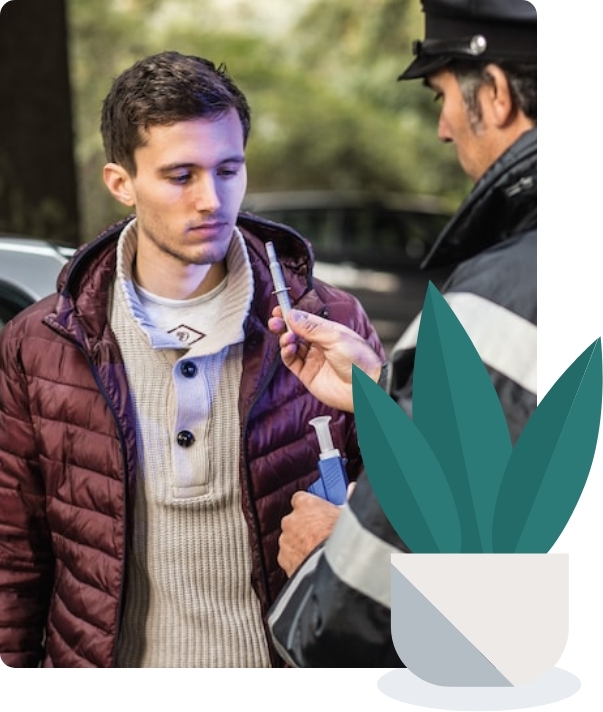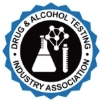A Rigorous Approach
Drugs and Alcohol testing can be a worrying time for both an employee and an employer. Ensuring a rigorous, transparent and fair process is utilised is key for all parties.
OdiliaClark are members of the relevant bodies that define how testing should be conducted.
OdiliaClark only uses the best in class drugs and alcohol testing equipment ensuring quality results are obtained.
OdiliaClark understands how important personal data is, we only use personal data for the purposes of testing and results generation.


